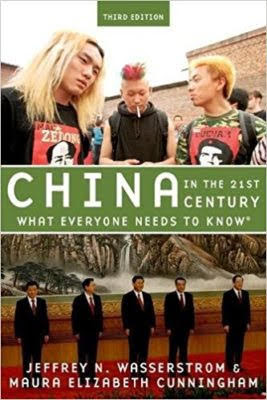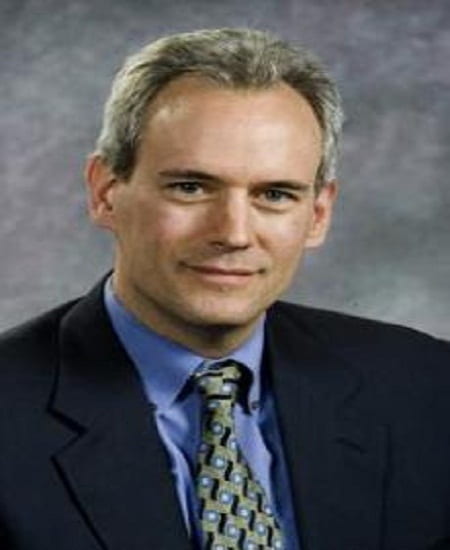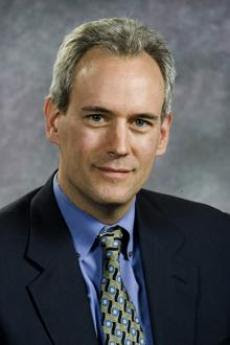Audio Recording Part 1
Audio Recording Part 2
Audio Recording Part 3
Thursday, March 22, 2018
1:00 PM – 2:30 PM
The Elliott School of International Affairs
1957 E Street, NW, Lindner Family Commons, Room 602
Washington, DC 20052

Among early modern Pashto writings the works of the Khattak tribal rulers are of particular importance as primary internal sources on the sociopolitical history and culture of Pashtuns in the period preceding the Afghan state building processes of the 18th century. The views of Pashtun military-administrative elite on governance are expounded most clearly in a range of texts, both in prose and verse, pertaining to the universal literary genre of “Mirrors for Princes” (Nasihat al-Muluk). Rooted in the medieval Persian classics, Pashto “Mirrors” nevertheless reflect in the foreground local ethnocultural peculiarities by shifting the very subject from statesmanship to chieftaincy, declaring regulations of the unwritten Code of Honor, and dealing with real politics through the examination of individual cases related to tribal conflicts.
The paper offers a survey of the nasihat al-muluk writings by Khushhal Khan Khattak (d. 1689) and Afzal Khan Khattak (d. circa 1740) including still poorly studied documents from the latter’s historiographical compilation “The Ornamented History” (Tarikh-i Murassaʿ). The texts under discussion prove that the outlook and behavioral patterns of Pashtun chieftains in pre-modern times stemmed from a combination, partly eclectic and contradictory, of Islamic precepts, feudal ideologies of the Mughal administrative system, and rules imposed by the Pashtun customary law (Pashtunwali).
This event is on the record and open to the media.
About the speaker:
 Dr. Mikhail Pelevin is Professor of Iranian Philology at St. Petersburg State University (Russian Federation). His main area of research is the early modern Pashto literature conceptualized as the most distinct and expressive element of social culture and ethnic self-identification of Pashtuns in the transition period from the late Middle Ages to modern times. Among his publications in Russian are books Khushhal Khan Khatak (1613-1689): the Beginning of the Afghan National Poetry (2001), Afghan Poetry in the First Half and the Middle of the Seventeenth century (2005), Afghan Literature of the Late Middle Ages (2010); a new book The Khattaks’ Chronicle: the Corpus and Functions of the Text is coming soon. Few recent articles are available in English, e.g.: “The Beginnings of Pashto Narrative Prose” (2017), “Persian Letters of a Pashtun Tribal Ruler on Judicial Settlement of a Political Conflict”, 1724 (2017), Daily Arithmetic of Pashtun Tribal Rulers: Numbers in The Khataks’ Chronicle (2016), “Ethnic consciousness of Pashtun Tribal Rulers in Pre-modern Times” (2015). M. Pelevin teaches courses on Persian, Pashto, the history of Persian and Pashto literatures. His other academic interests include Iranian dialectology and Muslim law.
Dr. Mikhail Pelevin is Professor of Iranian Philology at St. Petersburg State University (Russian Federation). His main area of research is the early modern Pashto literature conceptualized as the most distinct and expressive element of social culture and ethnic self-identification of Pashtuns in the transition period from the late Middle Ages to modern times. Among his publications in Russian are books Khushhal Khan Khatak (1613-1689): the Beginning of the Afghan National Poetry (2001), Afghan Poetry in the First Half and the Middle of the Seventeenth century (2005), Afghan Literature of the Late Middle Ages (2010); a new book The Khattaks’ Chronicle: the Corpus and Functions of the Text is coming soon. Few recent articles are available in English, e.g.: “The Beginnings of Pashto Narrative Prose” (2017), “Persian Letters of a Pashtun Tribal Ruler on Judicial Settlement of a Political Conflict”, 1724 (2017), Daily Arithmetic of Pashtun Tribal Rulers: Numbers in The Khataks’ Chronicle (2016), “Ethnic consciousness of Pashtun Tribal Rulers in Pre-modern Times” (2015). M. Pelevin teaches courses on Persian, Pashto, the history of Persian and Pashto literatures. His other academic interests include Iranian dialectology and Muslim law.



 Jeffrey Wasserstrom is Chancellor’s Professor of History at the University of California, Irvine; Editor of the Journal of Asian Studies; a member of Dissent Magazine‘s editorial board; and an academic editor of the China Channel of the Los Angeles Review of Books. He has contributed commentaries and reviews to the New York Times, the Wall Street Journal, the Financial Times, and various other newspapers and to magazines. His other books include, as editor, The Oxford Illustrated History of Modern China (2016). He received his PhD from UC Berkeley.
Jeffrey Wasserstrom is Chancellor’s Professor of History at the University of California, Irvine; Editor of the Journal of Asian Studies; a member of Dissent Magazine‘s editorial board; and an academic editor of the China Channel of the Los Angeles Review of Books. He has contributed commentaries and reviews to the New York Times, the Wall Street Journal, the Financial Times, and various other newspapers and to magazines. His other books include, as editor, The Oxford Illustrated History of Modern China (2016). He received his PhD from UC Berkeley. Maura Cunningham is an Associate at the University of Michigan’s Lieberthal-Rogel Center for Chinese Studies and edits the #Asianow blog of the Association for Asian Studies. She has written on modern Chinese history for the Wall Street Journal, the Los Angeles Review of Books, Ms., World Policy Journal, and Time. A past editor of China Beat, she is an advising editor to the China Channel of the Los Angeles Review of Books. She received her PhD from UC Irvine.
Maura Cunningham is an Associate at the University of Michigan’s Lieberthal-Rogel Center for Chinese Studies and edits the #Asianow blog of the Association for Asian Studies. She has written on modern Chinese history for the Wall Street Journal, the Los Angeles Review of Books, Ms., World Policy Journal, and Time. A past editor of China Beat, she is an advising editor to the China Channel of the Los Angeles Review of Books. She received her PhD from UC Irvine.

